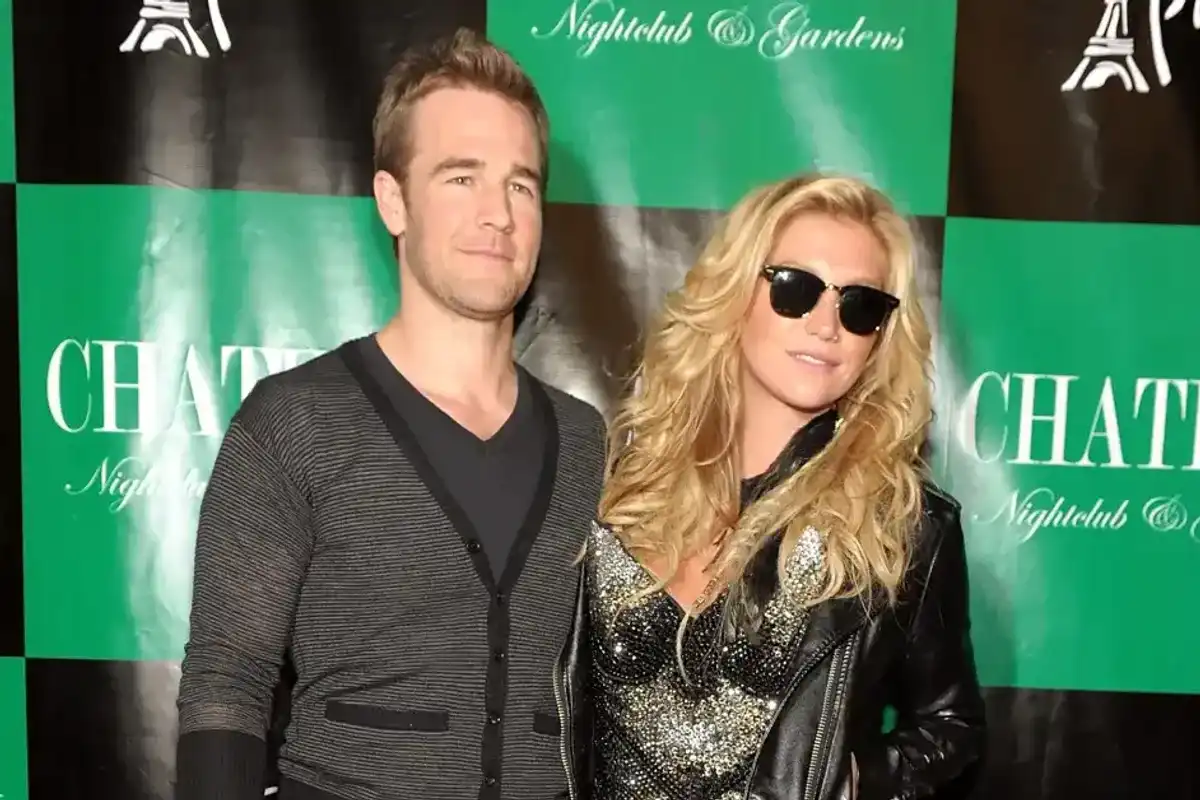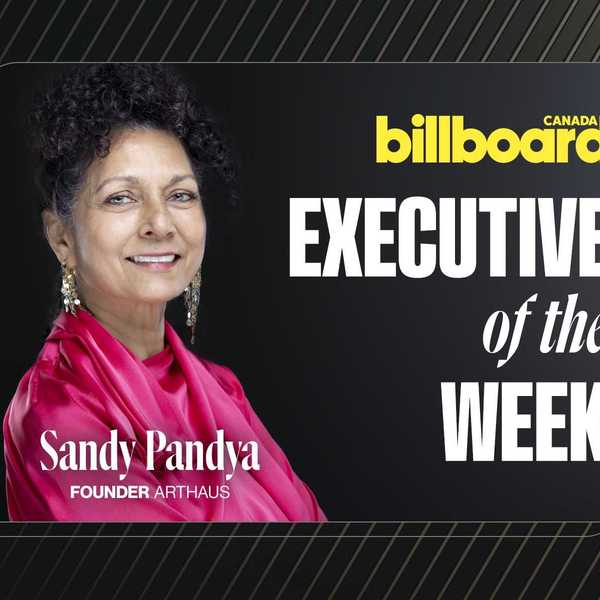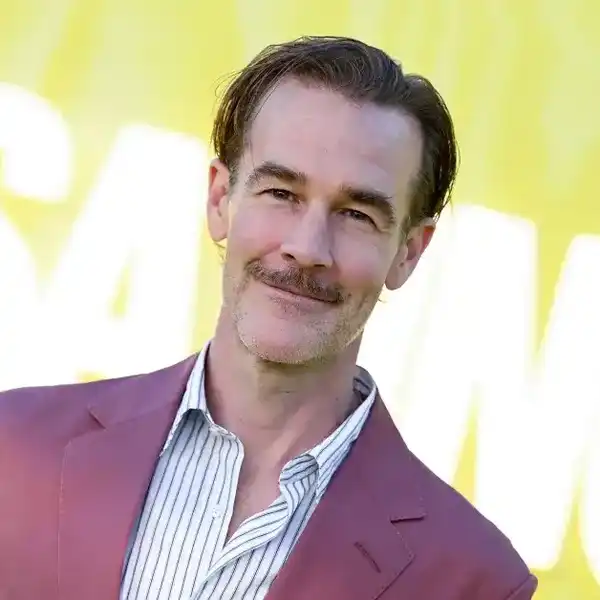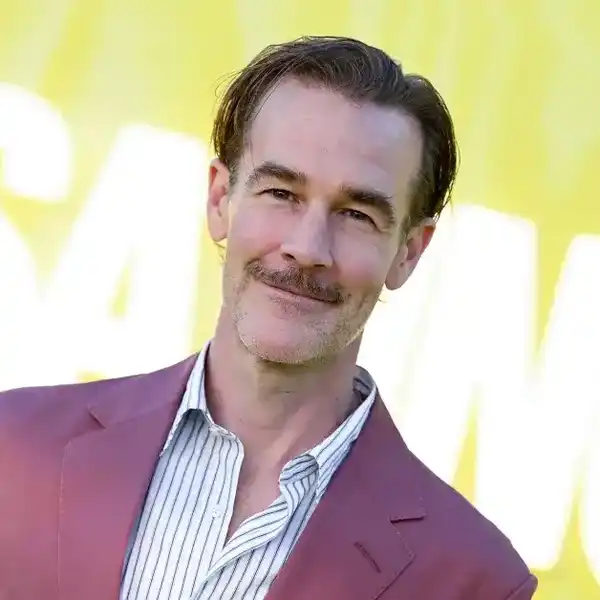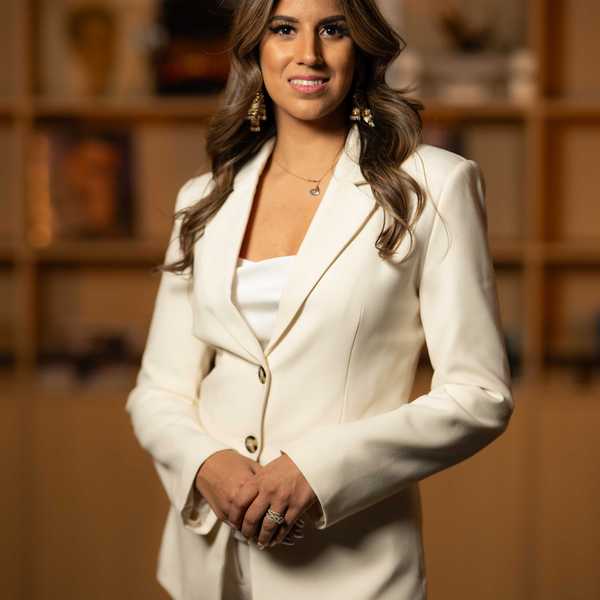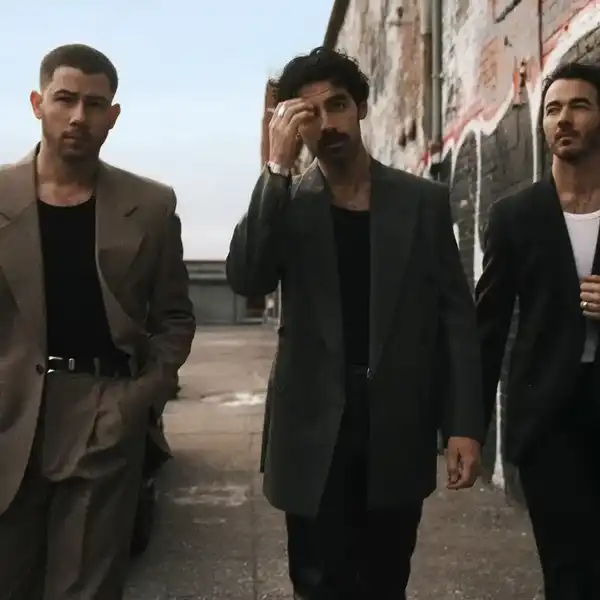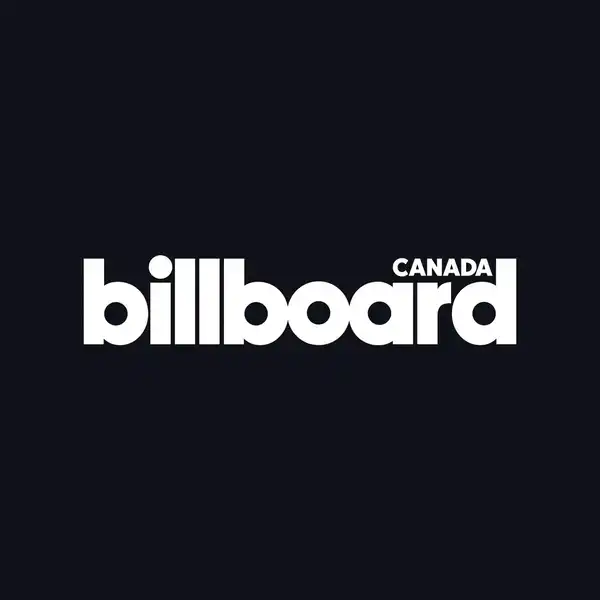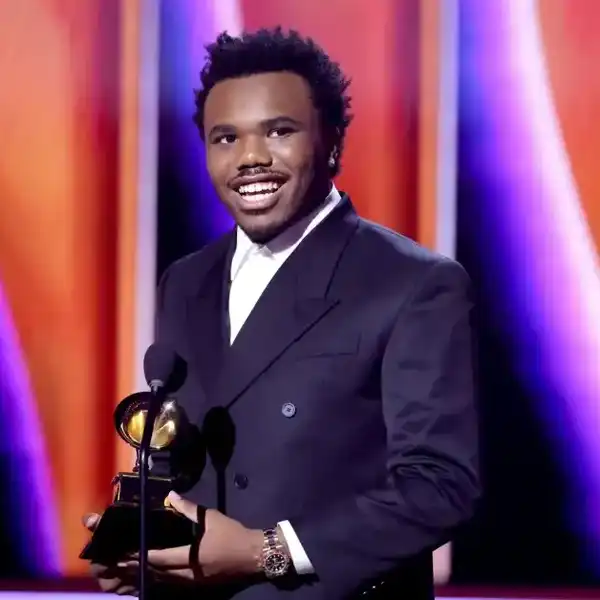Michael McCarty's Farewell SOCAN Interview
Michael McCarty is one of those much-needed forward-thinkers in the music industry, trying to anticipate what’s coming next or what’s next that needs to be done. Karen Bliss's interviewed him as he sets his sites beyond SOCAN where he has accomplished much in seven years.

By Karen Bliss
Michael McCarty is one of those much-needed forward-thinkers in the music industry, trying to anticipate what’s coming next or what’s next that needs to be done. He’s not a coaster, resting on his many laurels. In his case, his raison d'être is to make things better for songwriters — to create and get paid.
Last week, Canadian performing rights organization SOCAN announced McCarty’s pending departure Nov. 30 from a position he’s held for the past seven years, as chief membership & business development officer. He has agreed to provide consulting services until April 2021.
The music industry veteran, who began his career as a recording engineer and producer working for the late Jack Richardson (The Guess Who) and Bob Ezrin (Pink Floyd, Alice Cooper, Peter Gabriel), transitioned into the publishing side when he took a job as creative manager at ATV Music Group Canada, then moved on to CBS/SBK and SBK Records and Publishing in Los Angeles. His biggest mark was as president of EMI Music Publishing Canada for 17 years, signing and developing such acts as Billy Talent, Sum 41, Three Days Grace, Alexisonfire (with Dallas Green) LEN, esthero, Matthew Good Band and Moist. In 2009, after EMI was sold, McCarty became president of ole music publishing for over three years. After his departure SOCAN snapped him up. Last year, he was inducted into the Canadian Music & Broadcast Industry Hall of Fame.
FYI Music News talked to McCarty about a range of new approaches and innovations he was able to implement and begin at SOCAN, and what he sees for the future of the industry and for himself.
You're not on social media, but people are always posting their opinions. For the record, are you leaving voluntarily?
Yes. Here's what happened. Around the end of August, a colleague at SOCAN, who follows these things, said that said to me, “Hey, I see your seventh anniversary is coming up in a couple of weeks. Congratulations.” And I said, “Seven?”
If I sent you a photo of my notes, my second question was about the seven-year itch.
Yeah, kind of. I thought they were wrong, and then I did the math. I thought, “Wow, I've been here for seven years.” I reminded myself that when I came in, I thought it would be like a three to five-year thing and then it'd be gone. So that got me saying to myself, “Wow, seven years. That's long enough kind of thing.” I started looking back on what my job, what my mandate was when I came in, which was to rebuild the membership and get all the people back that we'd lost, make sure we keep the next generation of top creators and publishers, and when you look at it from that point of view, it's mission accomplished. I did what I was hired to do.
Let me ask you for people who aren't familiar with what you do, and also a rather unusual job title, I think, for a PRO, define the role of business development for a PRO?
Well, the first part of the title is the chief membership officer, right? So, my primary responsibility was to recruit, retain and repatriate members. In order to do that, I rebuilt the department and created a team and built a new part of the department called A&R and put Rodney Murphy in charge of it. Collectively, as the Membership Department, we knocked it out of the park. We repatriated virtually everybody we lost.
Name some of those people. Drake and his crew of producers/songwriters. Who else?
Boi-1da. Drake. 40 — that whole crew. And, then, as I came in, the generation that was exploding at the time, The Weeknd and all those people; Shawn Mendes, Alessia Cara, we managed to recruit those people and retain them. And another great example is we're pretty proud to say that Joni Mitchell's now a member of SOCAN. She was only a member for Canada and now she is back for the world.
What are you going to be doing until April to assist your successor?
As I said to my staff the other day, they asked me, “What does that mean to do consulting?” And I said, “I'm available to consult on anything that needs to be consulted.”
Also, a good part of what you do comes down to the relationships you’ve built over the past 30-odd years, and your insight and the way you are able to converse and persuade and understand the industry. Not everyone has that particular skill or just innate ability. Do you think that’s a key part of this job for the person who moves into this position?
I think what we demonstrated was that you have to have artist-friendly, creative people in these departments and in PROs. Every PRO has different terms for its membership department people, the ones on the street, the ones that interact with the members. Some call them member relations people. When I rebuilt the department, and I focused on those people who try and do the recruiting and retention and repatriation — we call it the three Rs — I made a list of the skills they needed, and, to me, that list looked exactly like an A&R job description. And so that's why I called it A&R. And we were the first PRO and maybe the only one PRO in the world to call it A&R because those are the skills necessary.
You have to have talent assessment skills. You have to have a nose for who's going to be important. You have to have talent development skills. Like how does a person get from point a to point B in the industry and how can we help them do that? Or how can we, using that knowledge, know where the next stars are? And then, finally, you have to have people networking skills, right? And so it's A&R. It doesn't matter what you call it, you have to have people with those skills and that experience. That's, in very broad terms, creative people. I'm hoping that SOCAN continues down that road.
To answer your question specifically, what am I supposed to do in consulting? It's officially consulting in the transition. I'm imagining it's going to be mostly helping with making decisions on a structure or strategy or bouncing ideas off me, whatever they want to get out of me.
Is the hard work done? You lured back some pretty major people, whose names might make it attractive or easier to get others to sign up or come back?
One of the things that we discuss a lot inside our department is sometimes we just make it look too easy (laughs). These are soft skills largely, right? And sometimes from the outside, it can look like all you do is listen to music or party or go to studios and hanging out with creators and people don't understand how much hard work there is and how difficult a job it is. So, I would never say that the heavy lifting is done. It’s always a challenge every day to keep your membership whole, and especially it's a hyper-competitive world with everything's changing and it’s not easy.
We know what you've accomplished over the past seven years. What are some of the things that you wanted to implement or explore, but you didn't have a chance to do, but hopefully they will?
You asked earlier about the business development part of my title. That was intended to have a hand on the rudder of where we go technology-wise. One of the seeds that I've sown that I'm most excited about is we developed this API strategy — an application programming interface — that's a fancy way of saying it's a way that one computer platform talks to another. So, for instance, it's a popular way to use Facebook to log into a new website that you're trying to sign up for. How does that happen? It happens through the use of APIs. I believe unshakably that in the future, the worldwide music industry from creation to distribution to consumption is going to be one giant seamlessly integrated network. And in order to participate in that network, you have to use APIs.
We have APIs now for virtually every capability of our platform. For instance, registering songs or registering concerts with us. The idea is that some point in the future, when an artist is making a record on their laptop, the software they're using, whether it's Pro Tools or Ableton, or whatever it is, is going to start to harvest all the data necessary to tell the world about that music and to get paid. — the title, the co-writers, the producers, the lyrics, all that stuff. And then as that digital bundle of music and data makes its way through the ecosystem, that data will be with it, and it will be augmented and corrected, et cetera. In order to tap into that, you need APIs.
I wanted to make sure that SOCAN was not a laggard in that area. In terms of something [at SOCAN] that's not fully developed yet or fully there, the industry hasn't quite caught up to it yet, but I think it will soon. And I think SOCAN is well-positioned to take advantage of.
I'll give you an example: one of our biggest problems has always been getting setlists from people when they play concerts so that we can get them paid the performance royalties for that concert.
Every year or so, we have to put most of our membership department on a special campaign to reach out to the people who haven't sent in their setlist so we can get the paid. it's called Get Set. Get Paid. Campaign, and we just went through it this year. I've always thought that we have to find an easier way to do this for the members.
As part of this business development role, I created SOCAN Labs and it's run by a guy named Ryan Maule, who works out of Seattle. He has a very accomplished tech and start-up background. We held a hackathon at SXSW a couple of years ago, where we gave the kids in the hackathon the problem of getting setlists from people, and we showed them our API.
One group came up with a brilliant idea; they said look, the artist is the problem; not being able to get the setlist from the artist is the problem. Let's take the artists out of the equation.” They said you don't make songwriters and artists tell you what radio stations are playing their songs. Why make them tell you what concerts the songs are in? And we said, why don't we use data that's available and scrape that data and pull it all together, and you tell them what they played. And we thought what a genius idea. We've been working on that principle ever since then.
We're not all the way there yet, but our new member portal that's coming out, and that's another business development aspect that I've been involved with, what it does is when you go to register a setlist with us, it actually recommends a setlist to you based on what you sent in before. Eventually, that'll become smarter, and it'll pull in information from setlists.
How is it verified? How do you know that that person left their home and actually went to a venue and played that set?
We get our verification information from various sources. We verify that a concert actually happened before it gets paid out.
We set up this API in order to take advantage of as a foundation element for this future development in concerts, then along came a company out of Calgary called Muzooka. They have a platform that unites all the people in the live music ecosystem from the artist manager, venue, promoter, agent, et cetera. And its purpose is to share data and digital assets amongst all the people in the live ecosystem and they have all the information that we need to pay a concert, except for the setlist. They built a connection to our APIs so that if you're a SOCAN member and you’re using the Muzooka app, you can get into your SOCAN account, look up your repertoire, make a setlist, and then you press a button and send that the setlist and all the concert information to us. And that's been incredibly successful. We're processing hundreds of concerts that way, which makes it easy for the member and more efficient for us.
You did say last June when I interviewed you for Billboard that you felt we were entering the most prosperous time for recorded music. Has the pandemic altered your view? What are the repercussions for the creator?
No, it hasn’t altered my view at all.
Obviously, people hit hardest in music are those whose careers or livelihoods and lives were based around live music. So touring artists and all the support elements. Obviously, it's very bad for them.
You look at the overall numbers, SOCAN’s revenue is forecast to be down about 11%, which is kind of a miracle. And I think some numbers came out recently from CISAC, the world's governing body for PROs, talks about the range from 11-to-25% or so.
A lot of that is because in Europe and other parts of the world the percentage of box office that goes to pay the performance royalties on the songs played in a concert is way higher than in North America.
The overall revenue in a lot of those territories is more weighted towards live concerts and in general licensing than it is over here. But in a nutshell, when you look at the numbers, streaming is growing, and radio/TV has declined because of economics, a hit to the advertising, but music royalties have been proven to be one of the most resilient, non-correlated to the stock market assets in the world. I don't see that changing. And I think that streaming and digital music, in general, is going to keep growing for the next 15 years.
You talked about the live industry. Right at the beginning of the initial shutdown, a lot of artists went online and were performing for free. That morphed lately into fee-based online concerts. Do you think that’s sustainable when we do get back to normal, or will people just get fed up and view it as similar to watching a TV program or YouTube?
I was on a Zoom call the other day with Vivian Barclay [general manager, Warner Chappell Music]. We're part of an advisory group for Ryerson's [University] efforts to start a new professional music program. She had just come off of a conference call with the Music Publishers Association, where somebody was talking about the fact that the live music industry was asleep at the switch, if you will, when it came to embracing online concerts and probably, to a large degree, saw it as competitive and, therefore, it didn't really pay a lot of attention to it. And now that industry is obviously having to scramble to catch up to that. And there's a lot of talk of you can't really make any money on it, et cetera, but I think that what's going to happen is that out of this will come a new paradigm for live online concerts, and it will be a viable one, maybe not huge, but it will continue to grow and evolve.
I think that after the pandemic is over, you'll see that being considered to be a viable addition to a live in-person concert. And what we did at SOCAN was we worked really hard to move really quickly to adjust our policies and procedures in order to get the people who were doing our live online concerts paid their performance royalties from those concerts. We're pretty proud of that. We moved the big ship really quickly. And we were among the leaders in the world getting that money to the members.
Are you pleased with the way the federal government stepped up or stepped in to help the live and recorded music industry?
I'm pretty proud of all levels of government and Canada and how they've helped everybody in a pandemic. It's been remarkable. I think in the music area they've done a really good job. I'm sure there's a lot of sectors that wish they'd done even more, but I don't really follow the live sector government assistance that closely, but I think in general the government's done a good job.
Do you think having Biden vs Trump in charge of controlling the pandemic in the U.S. might impact the music industry's ability to get back to work and have artists cross our border once it is safe? Or do you think what happens in the States has no bearing on the industry?
I think what happens in the U S. always has a bearing on Canada. It's like the old adage of if you’re sleeping with an elephant, and they turn over you can get crushed. In terms of government, one of the most interesting things that I've seen at the Canadian federal government in a long time was the announcements recently from the Minister of Heritage [Stephen Guilbeault], considering finding ways to ensure that tech platforms compensate print publications, newspapers and magazines and journalists for use of their work. I think that’s an incredible development because, obviously, I believe in the value of intellectual property and respecting the value of intellectual property and the entire narrative of the digital era has been trying to get the companies that facilitated piracy and flat-out stole people's intellectual property to start paying for it.
In the music world, that's settled into a large degree to a stable situation, where piracy is still around. It'll always be around, but it's put into a box and there's an extremely viable business around licensing intellectual property and giving consumers access to it. I'm glad to see the federal governments realizing that extends to all other forms of IP too.
I have had my articles taken verbatim and put on sites that are built using other people’s content without credit or compensation.
That, and other developments in Europe, et cetera, are early indications that the same thing's going to happen to journalists that happened to music. There’s going to be a mechanism to get you micro pennies every time somebody clicks on a link and reads your article and if you create great content that gets used around the world, you will be compensated fairly, I think.
You also said in our interview last June that your passion is finding great songs and helping to find the creators of those great songs and nurturing them, and that you can't see yourself doing anything else in life. What's next for you after SOCAN?
Well, I have some ideas and they’re hopefully going to coalesce in the near future. Obviously, when that happens, I'll let you know. But anything I end up doing will be under the banner of what I realize has almost been a lifelong passion. I never was necessarily articulating it this way, but it’s that Canada is killing it in music. I've said this for a couple of years now, but it's still true — in many ways, the sound of popular music in the world today is controlled by people from Canada, largely Toronto, and not just the artists, but the huge network of beat-makers and producers, and co-writers under the waterline of the iceberg.
When I was a kid that was a dream that Canadian music would be that successful and that well-known around the world that you didn't necessarily have to leave Canada to get started. Obviously, a lot of successful Canadians end up going to the large markets of the world to work or live and work or work for a while, but most of them now are making it through the internet and not having to move to LA or New York to make it in music.
But the problem is that almost all the intellectual property has left the country, is owned by non-Canadian companies and almost none of the intellectual property revenue, copyright revenue, comes back to Canada. In fact, probably the vast majority of the revenue that does come back to Canada is the SOCAN writer share. For instance, in the last seven years at SOCAN, by repatriating and retaining all the top-earning members we've doubled the foreign revenue. So that's an indicator of what happens when you repatriate the IP.
My passion is going to be all built around repatriating the IP and revenue from the IP in order to help ensure a sustainable ecosystem for future generations of Canadian creators so that we can keep the success train rolling.
Lastly, you have been working from home. Have you found another passion you didn’t know you had?
We’re watching a lot of Netflix. Look, for whatever personal challenges I‘m having adapting, I would feel embarrassed complaining about them compared to what other people are going through, particularly people involved in live music and I’m fortunate that I had a job, a house. I turned my back deck into my office, so I felt like I was sitting at a cottage most of the summer, and I'm starting to walk every day. so that I get some exercise to relieve the stress of distress. I'm not complaining.


